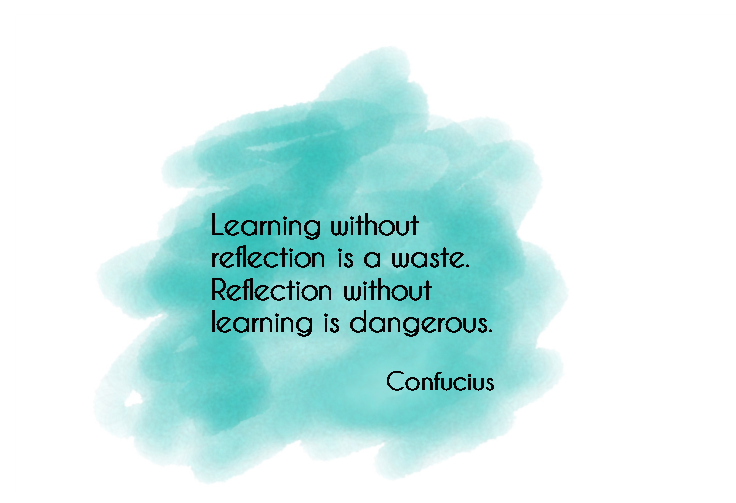
I came across this wisdom this week, alongside another one that encapsulates John Dewey’s thinking around learning: We do not learn from experience. We learn from reflecting on experience.
It made me think about my own learning beliefs and habits and how this is reflected in my coaching style.
Before sharing my own reflections, let me turn the question to you:
How do you link experience, reflection and learning? If you look back at a learning experience that was really meaningful for you and supported your growth, what were the key components linked to it?
There are many theories about learning, and this post is not intended to cover all these different learning theories and styles but more to deepen your own reflection on the key elements integrated into your learning process and how you can use this knowledge to develop.
One of them is Kolb’s learning style model. In his model, he describes four stages of the learning process: having an experience, observing what happened, draw conclusions from it and testing what was learned. The belief is that there isn’t a specific order in which these steps happen and that each of us naturally goes through these steps in a preferred way. What is interesting in this model is that it highlights that we need to be both in action and experimenting as well as observing, reflecting and drawing conclusions to climb the learning ladder. In that sense, it completed supports both Confucius and Dewey’s pieces of wisdom.
What does it mean for coaching? Coaching is that sweet spot where action and reflection mingle for the best outcome. Listen to understand what works best for each client is a critical step to move the client forward. Does (s)he prefer to take action first and then use the coaching session to reflect back on the experience? Getting support from the coach to shed light on unconscious learning by questioning and mirroring back the learning will bring the client closer to their goals through micro-changes. Or does the client need first to reflect by reading, watching, listening on a particular topic and be able to discuss the learning with the coach prior to move into action?
Either way, the coaching relationships will always integrate both aspects: experience/action and reflection/awareness for meaningful learning and progress towards the goal.
Being aware as an individual what works best for you and how you need to learn to move forward, no matter if you are working with a coach or not, will support your growth! So have a look at the mentioned learning style model or contact us if you would like a short session on how to improve your learning process!
